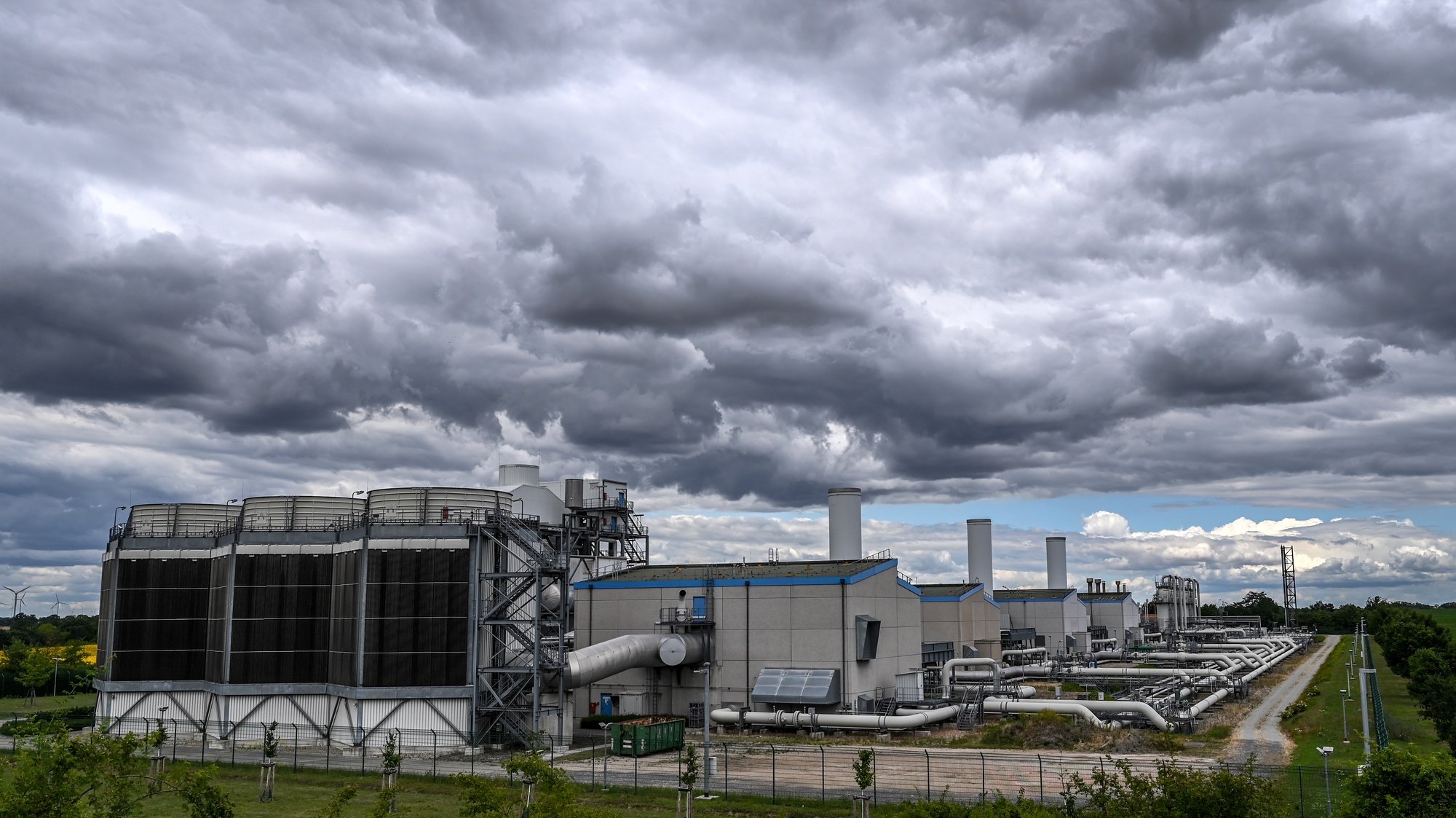Nord Stream, which supplies Germany and Europe with Russian gas, has restarted after 10 days of maintenance, the company that operates the infrastructure said.
Pipeline operator Nord Stream AG said the flow of gas had resumed on Thursday morning, but it would take some time for the volume to pick up, the German news agency DPA reported.
The German government had accused Russia of using the state of a Nord Stream 1 gas pipeline turbine, repaired in Canada, as a “pretext” to stop deliveries and the European Union (EU) accused Moscow of using gas “as a weapon” .
According to data transmitted by the Russian giant Gazprom to Gascade, the operator of the German natural gas distribution network, the pipeline is expected to deliver 530 GWh during this Thursday. That is only “30%” of the total capacity, said the head of the Federal Network Agency, Klaus Müller, on the social network Twitter.
Citing the fault of the turbine as the cause, Gazprom had already reduced, in mid-June, the supply through Nord Stream to 40% of the total capacity.
Kremlin says gas supply difficulties caused by European restrictions
On Wednesday, Russian President Vladimir Putin had stoked uncertainty over the future of Russian gas deliveries to European countries, accusing Canada of delaying shipment of the repaired turbine in hopes it could boost its own gas sales. gas to Europe. “The (Canada’s) reasons are related to its efforts to enter the European market, because it wants to develop its own gas production in the country. That’s right,” the Russian president said.
This Thursday, the Russian government spokesman, Dmitry Peskov, said that the difficulties in the supply of natural gas are due to the restrictions imposed by the EU. These statements were made during a phone call with journalists, during which Peskov highlighted Russia’s “indispensable” and “very important” role “in European energy security,” quoted Reuters.
The difficulties surrounding deliveries via the Nord Stream 1 pipeline come at a time when European countries are trying to build up their gas reserves for the winter. In this context, the EU member states are trying to diversify their gas suppliers, turning to the United States of America, Qatar, Azerbaijan, among other countries.
The European Commission proposed this Wednesday a 15% gas consumption reduction target in the EU for the spring, admitting to proceed with the mandatory reduction of demand. Portugal and Spain rejected the proposal.
Source: Observadora
